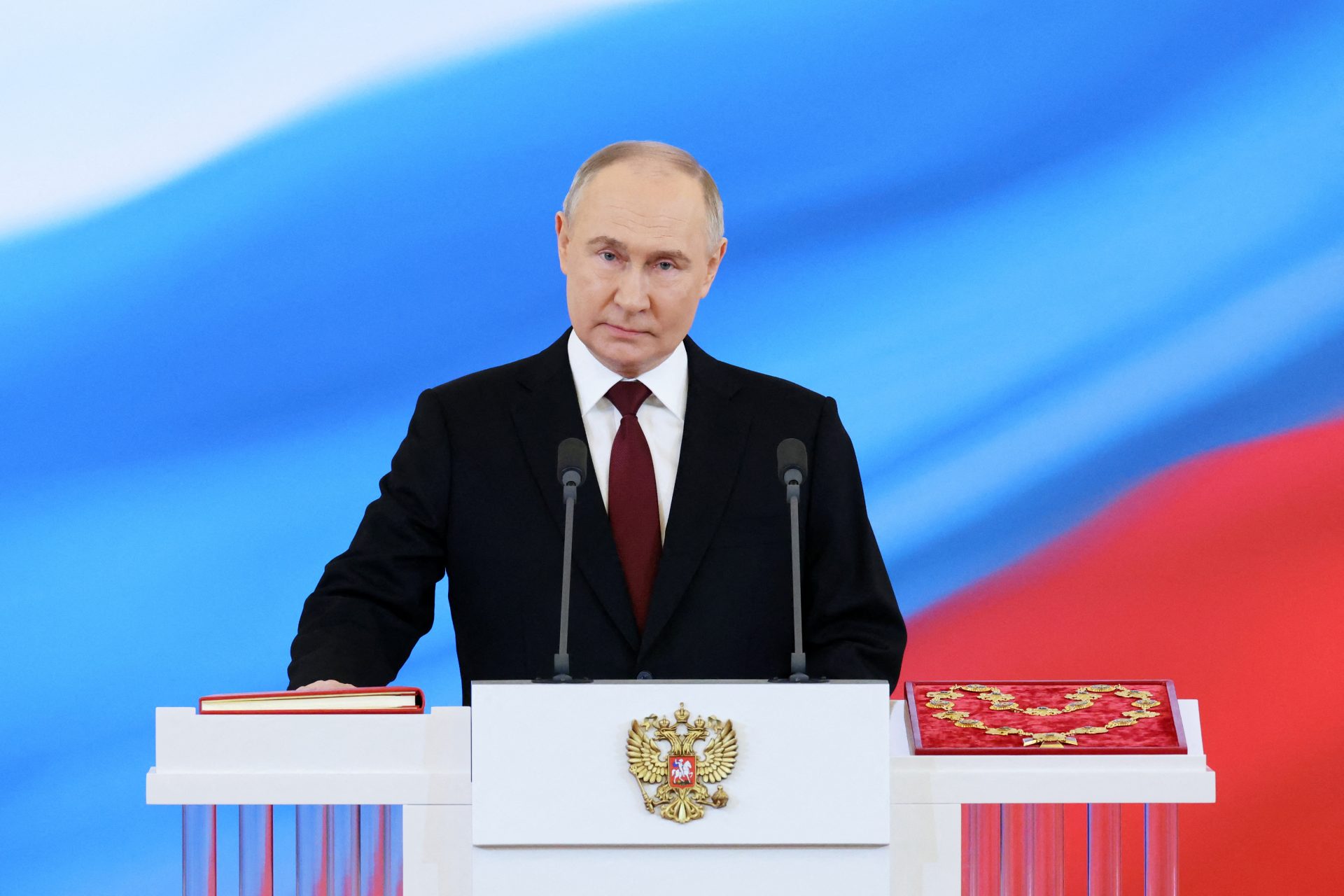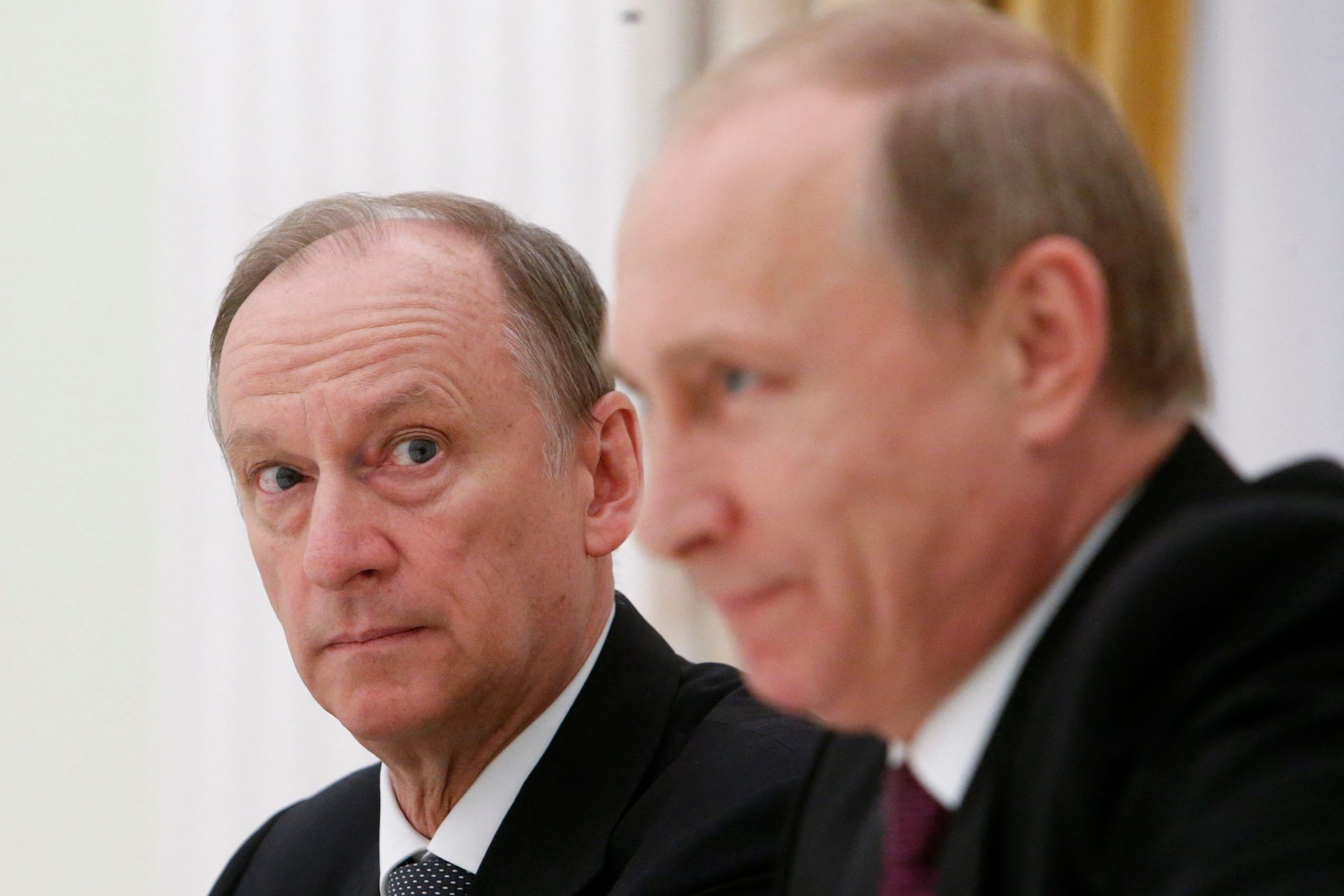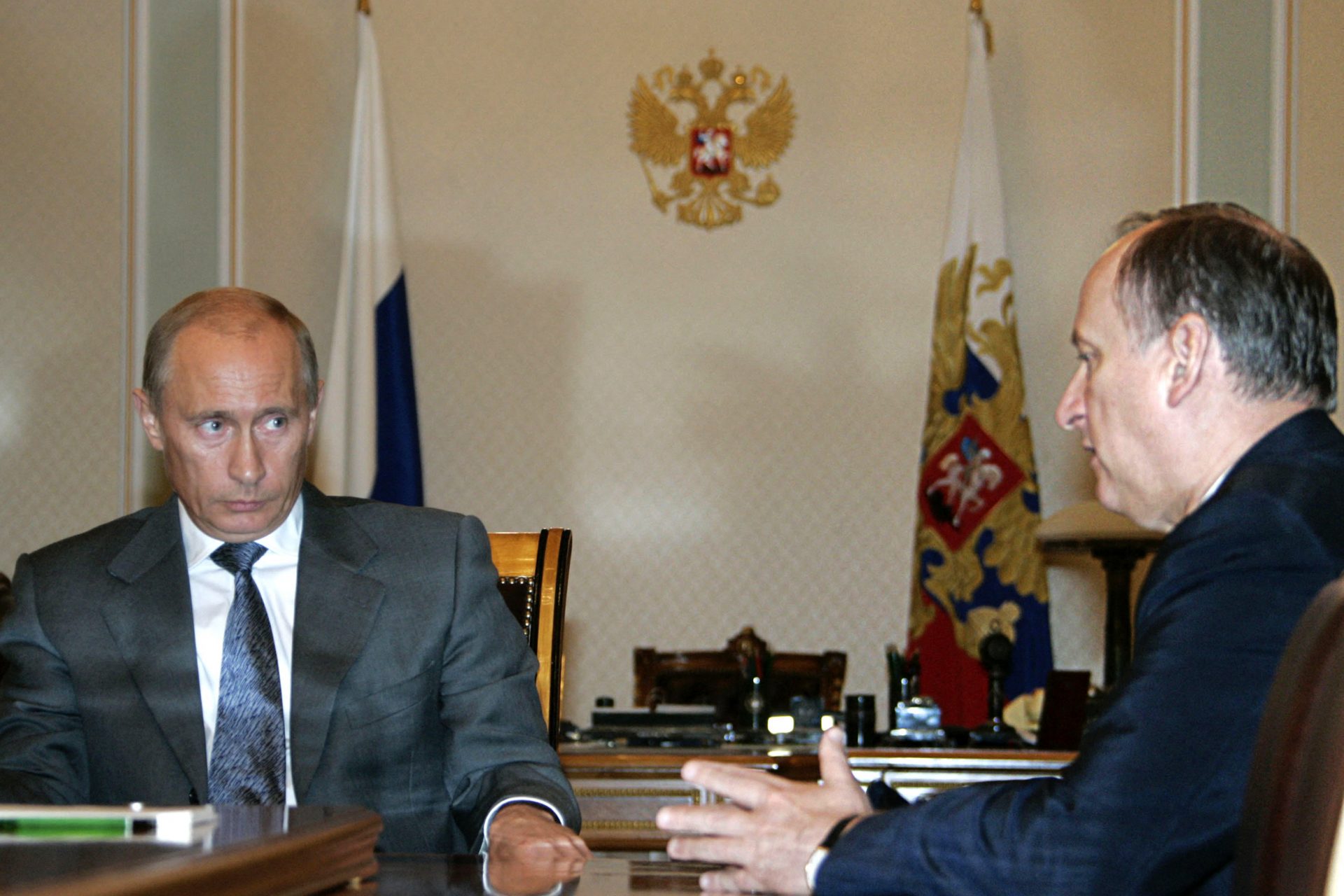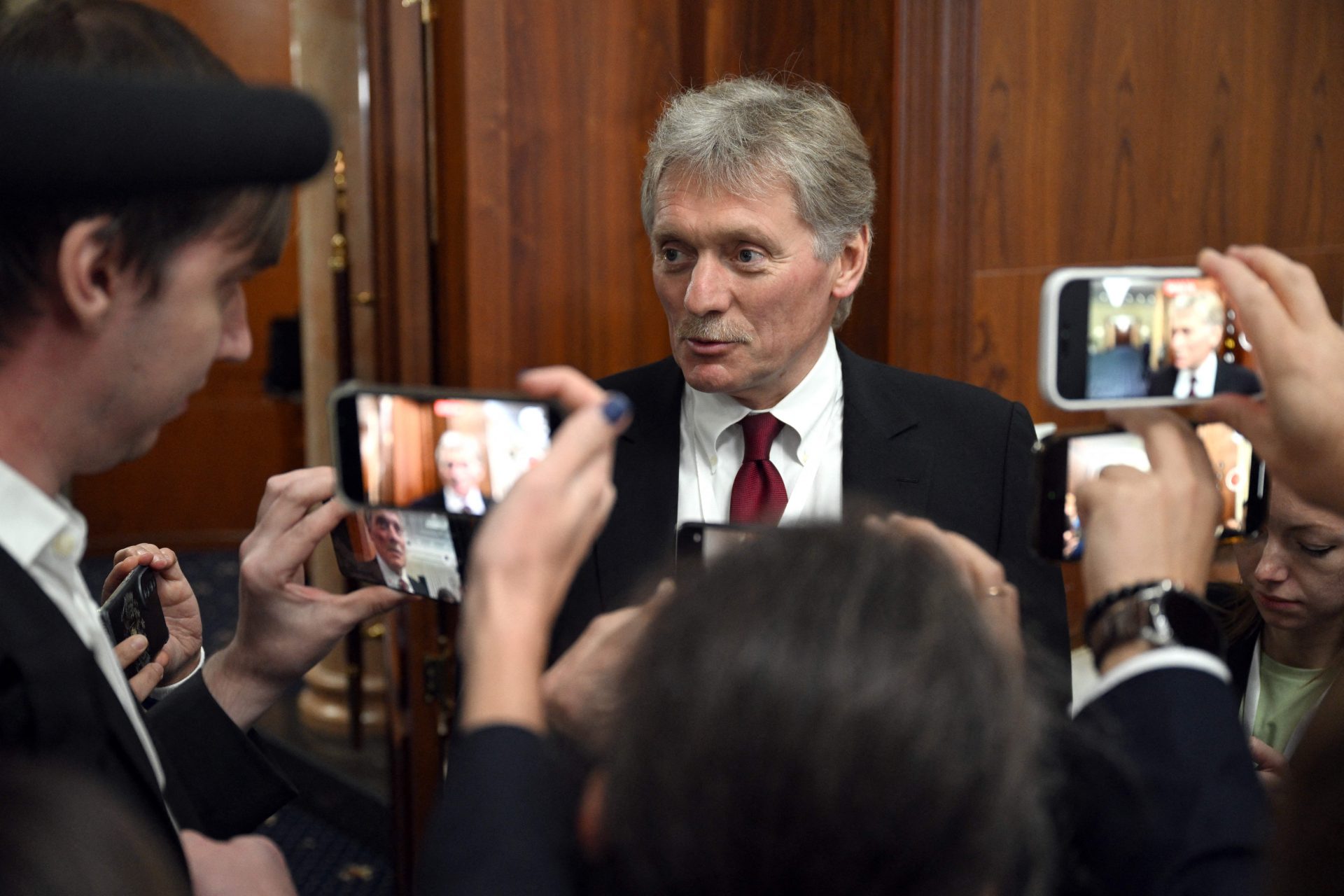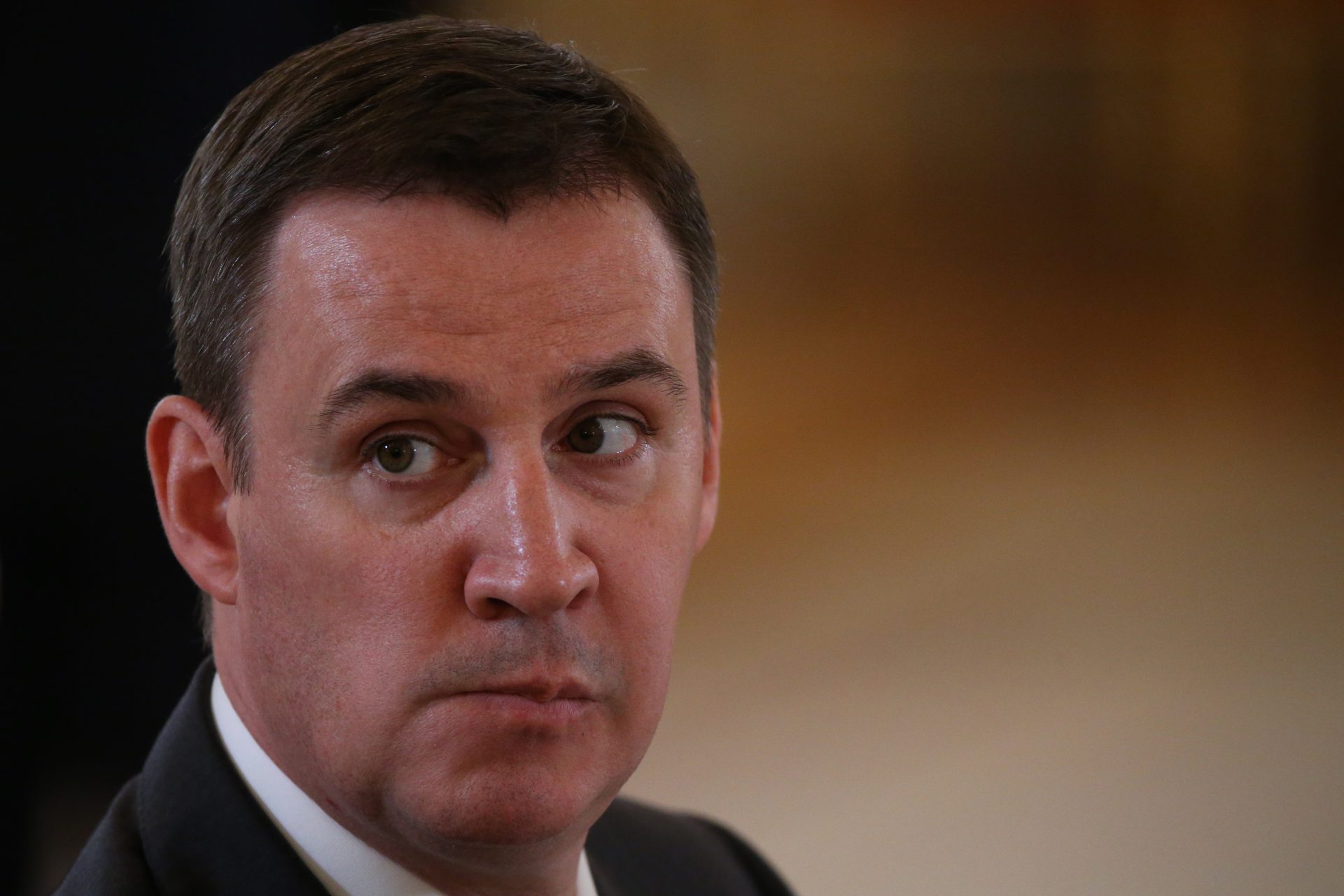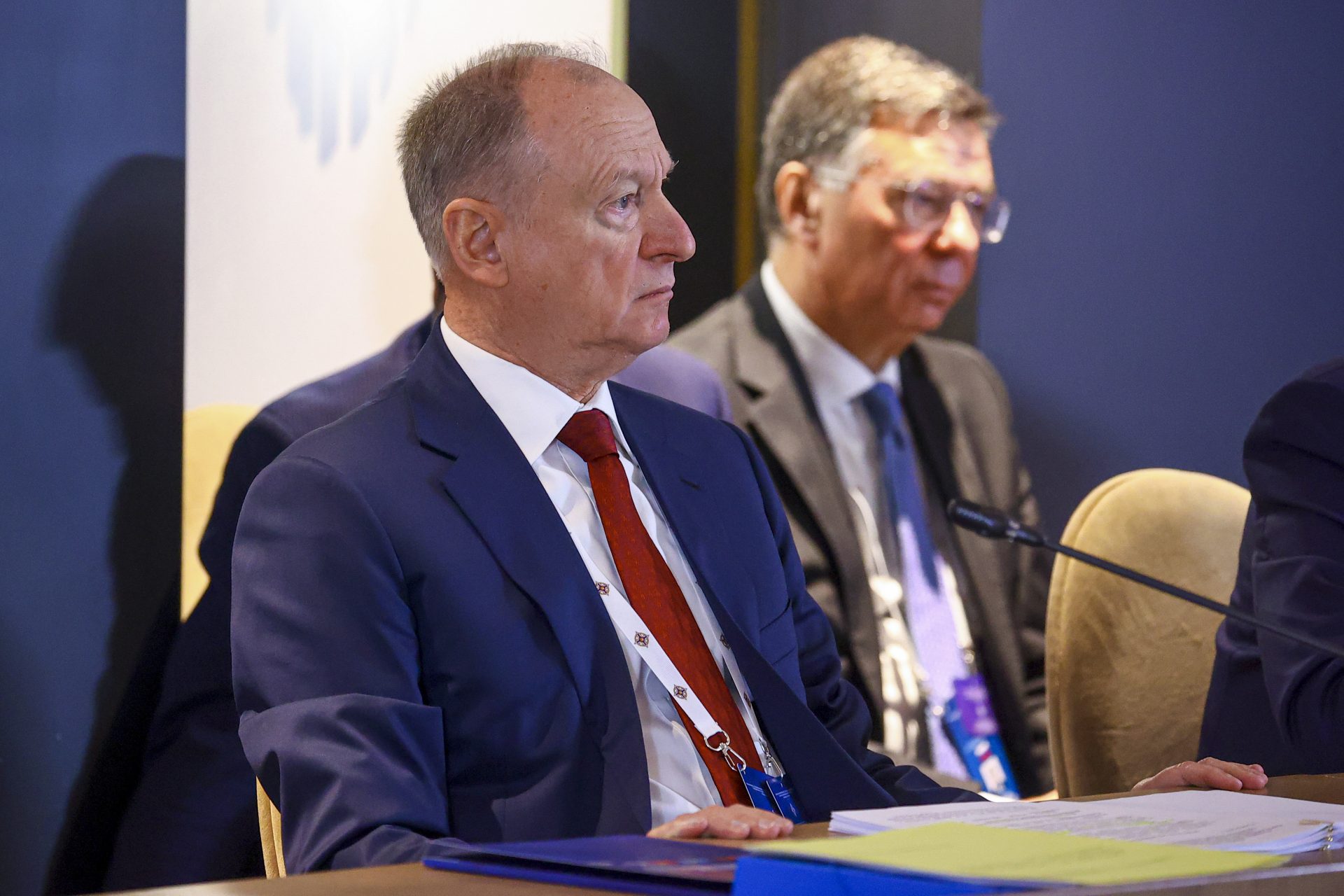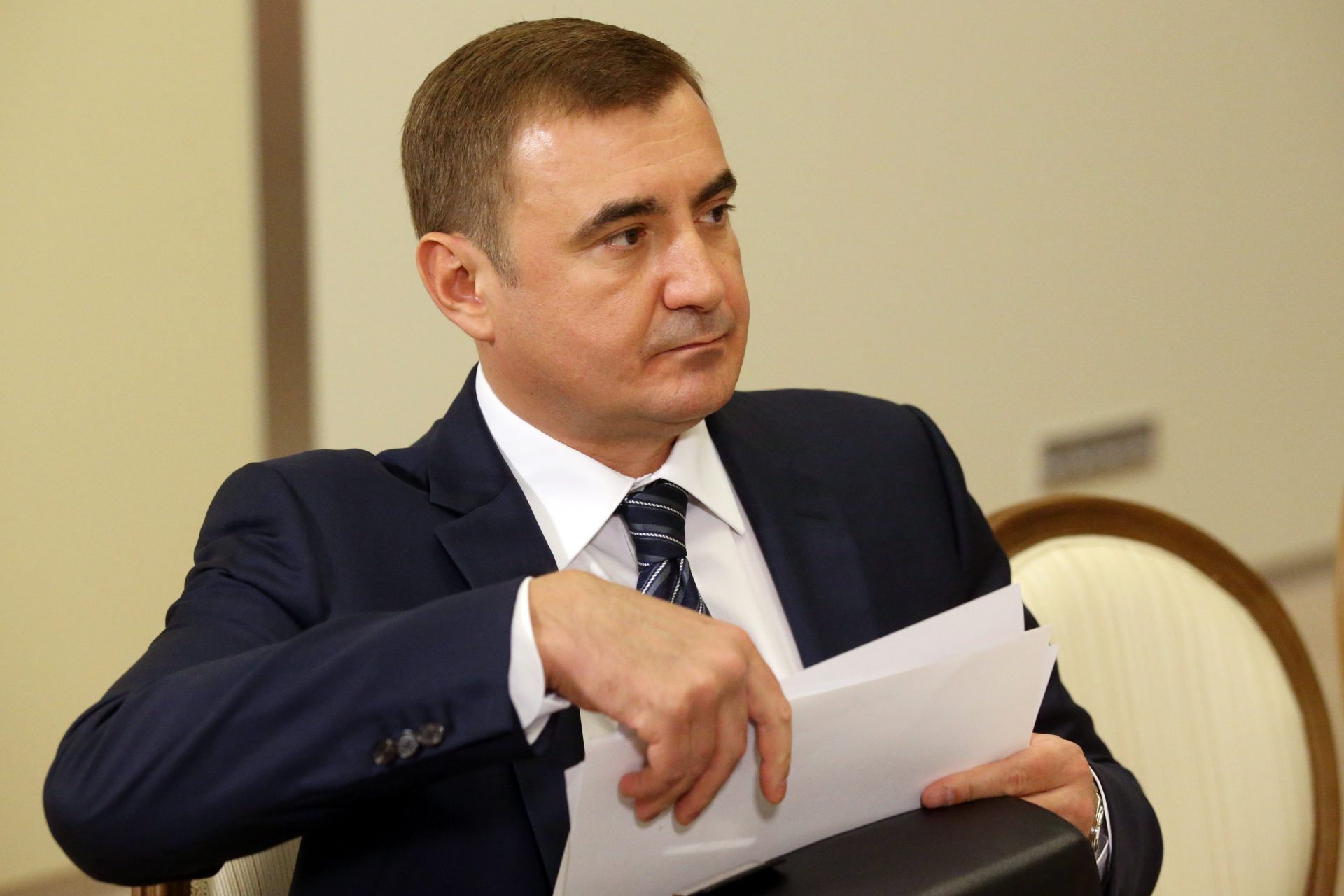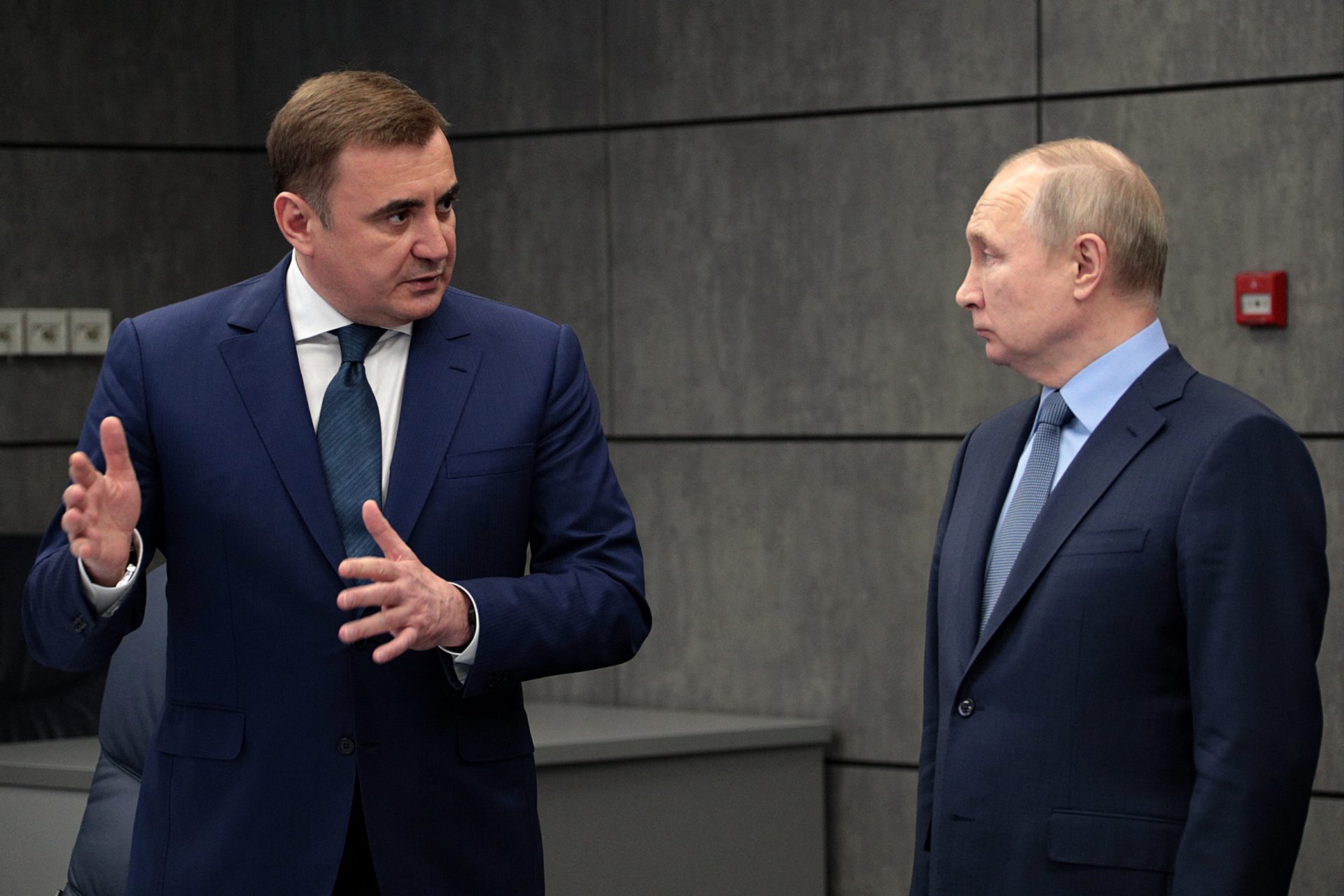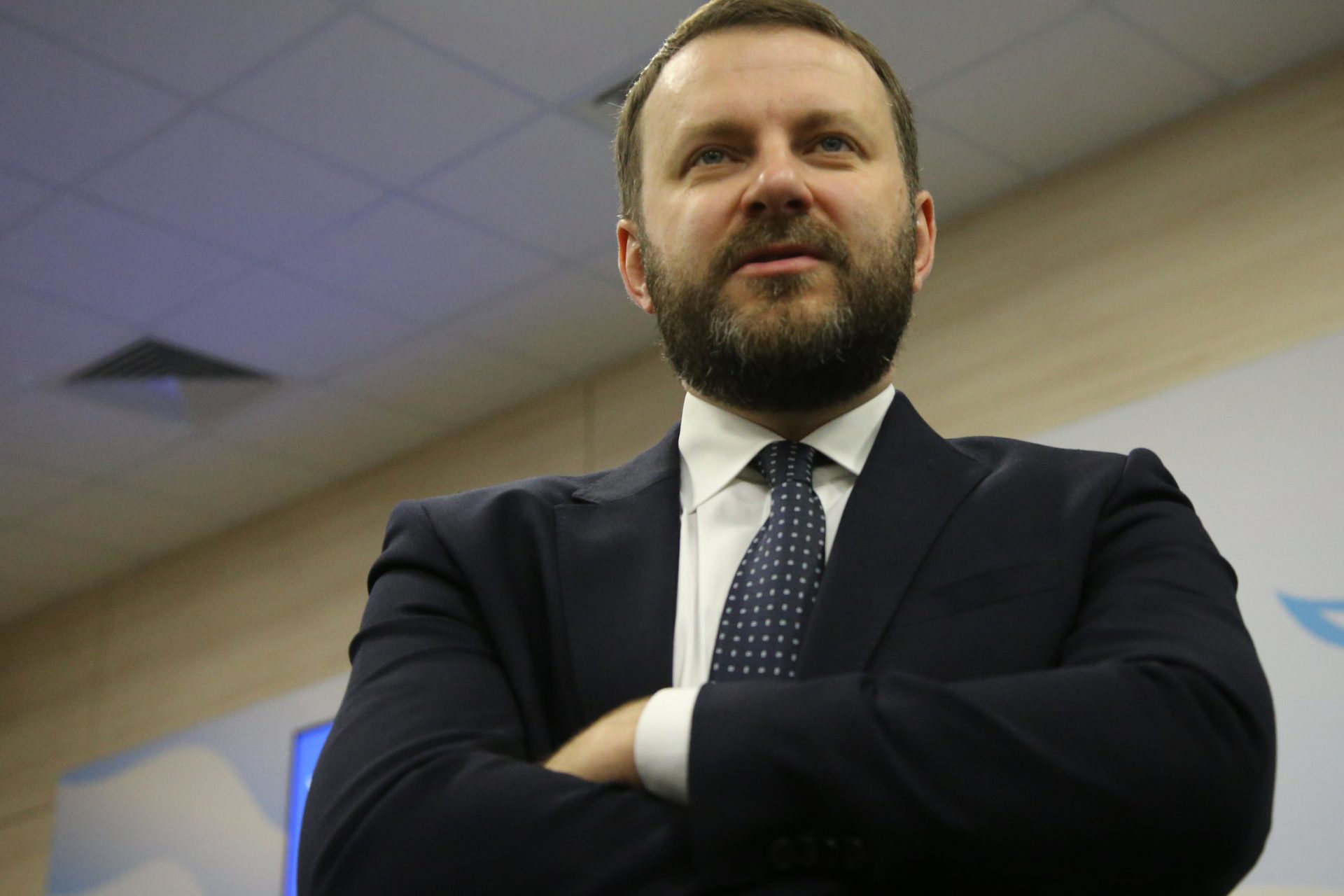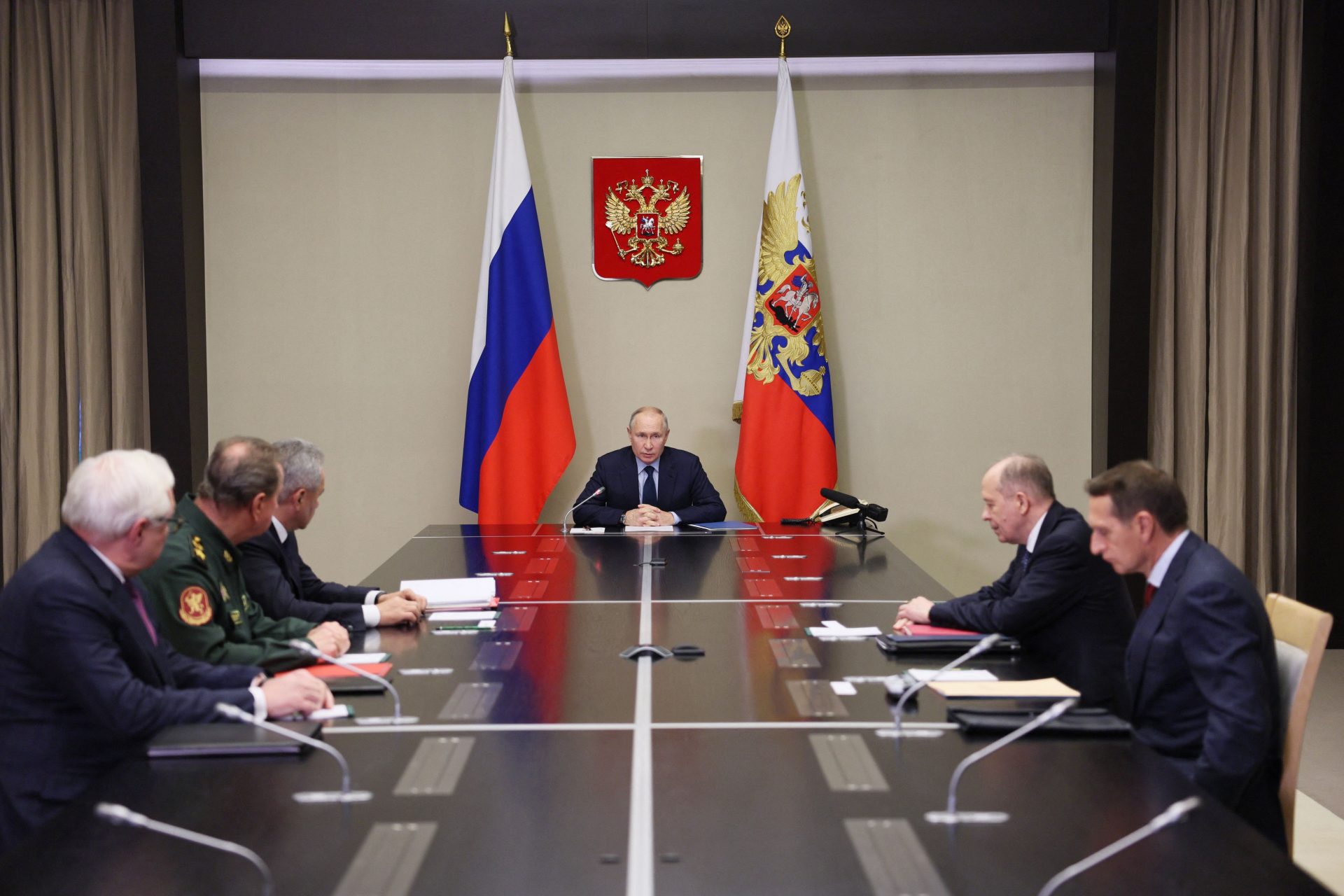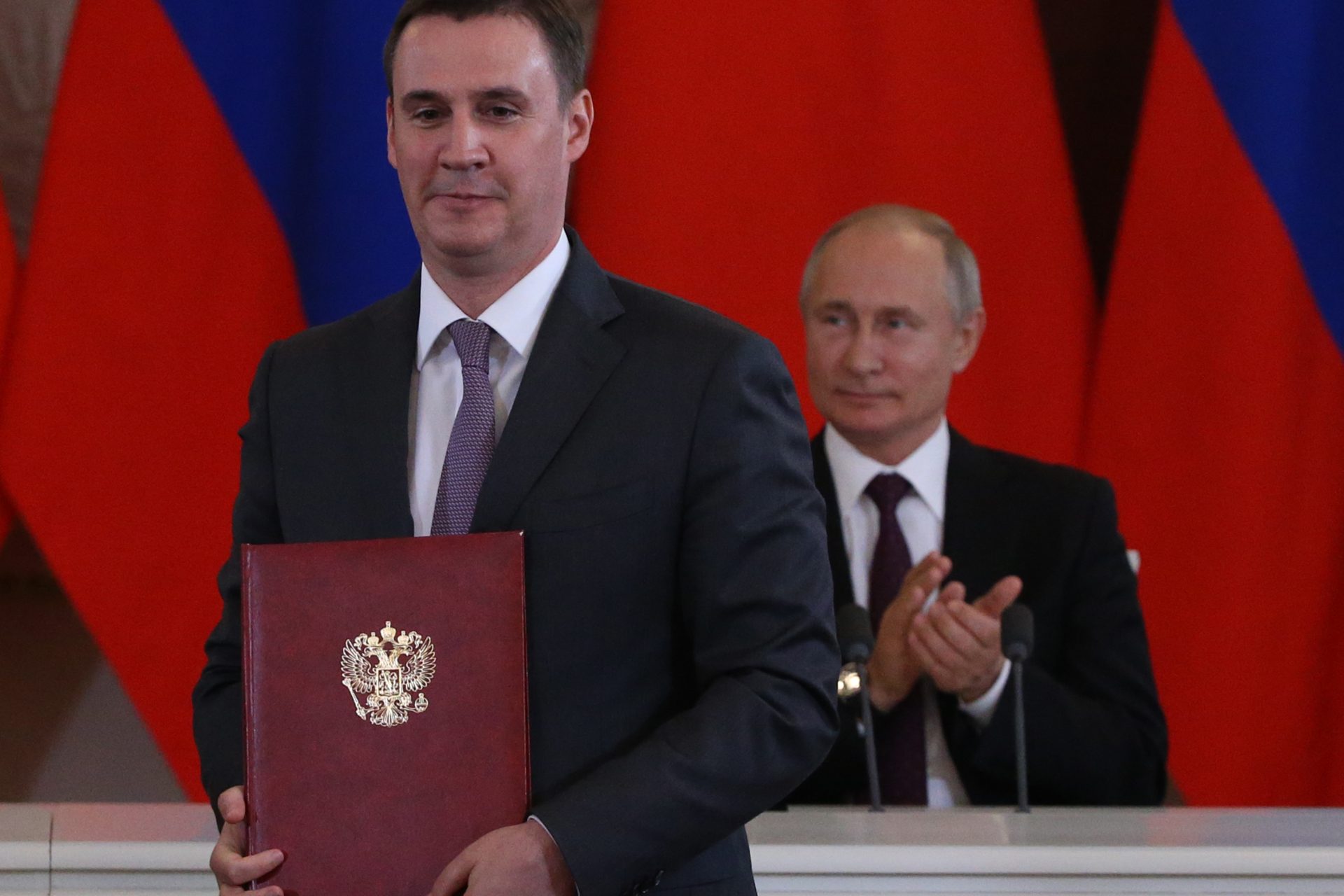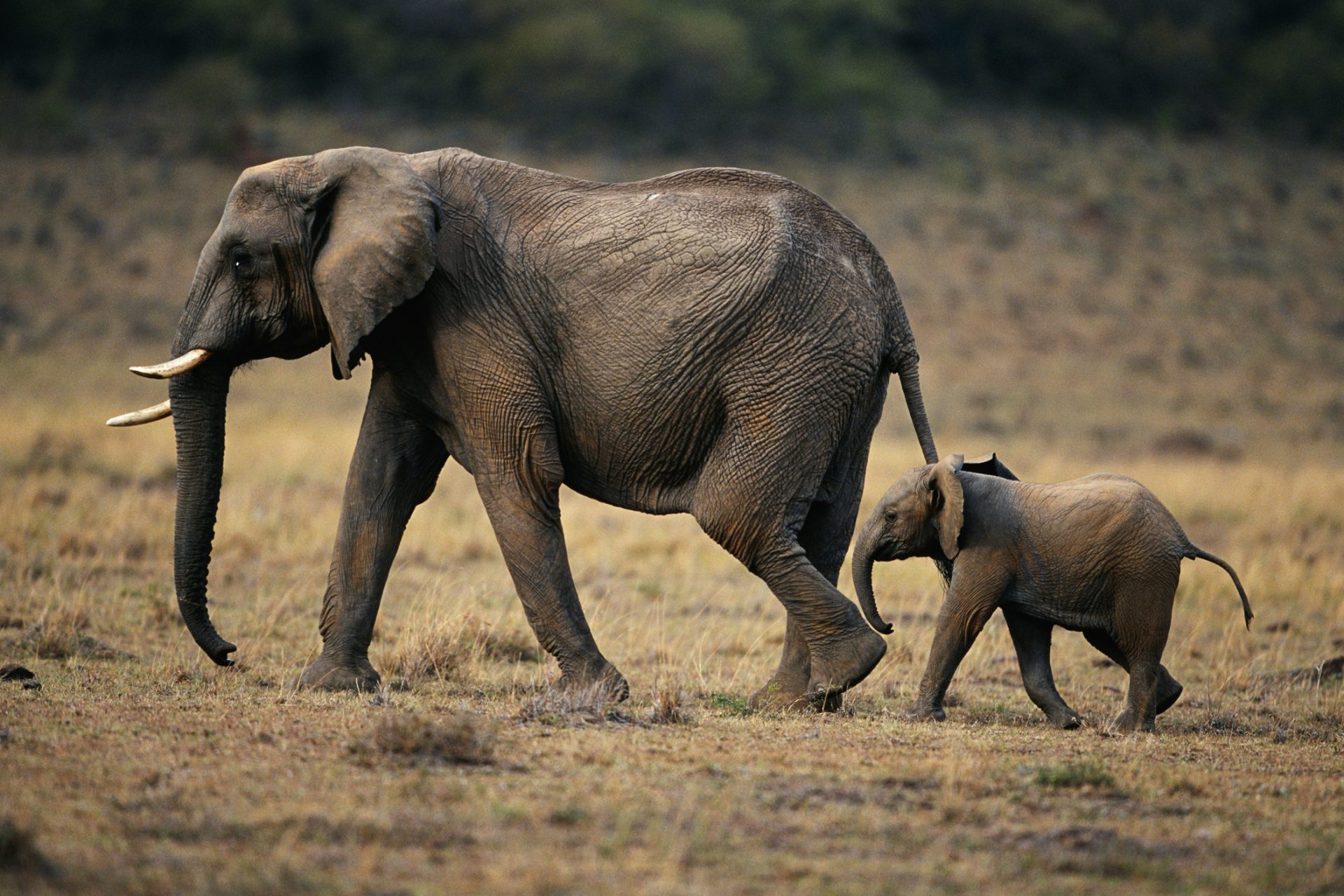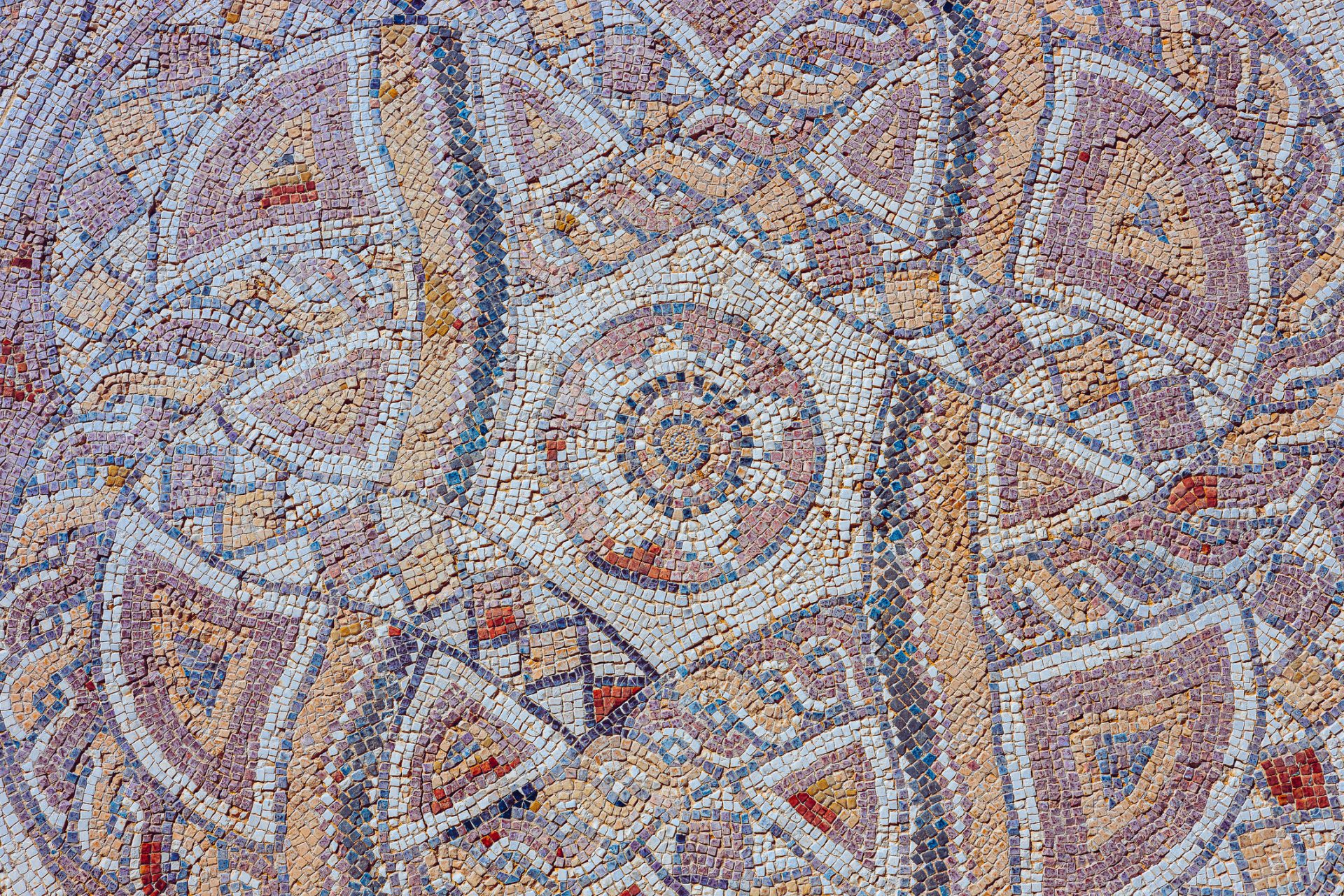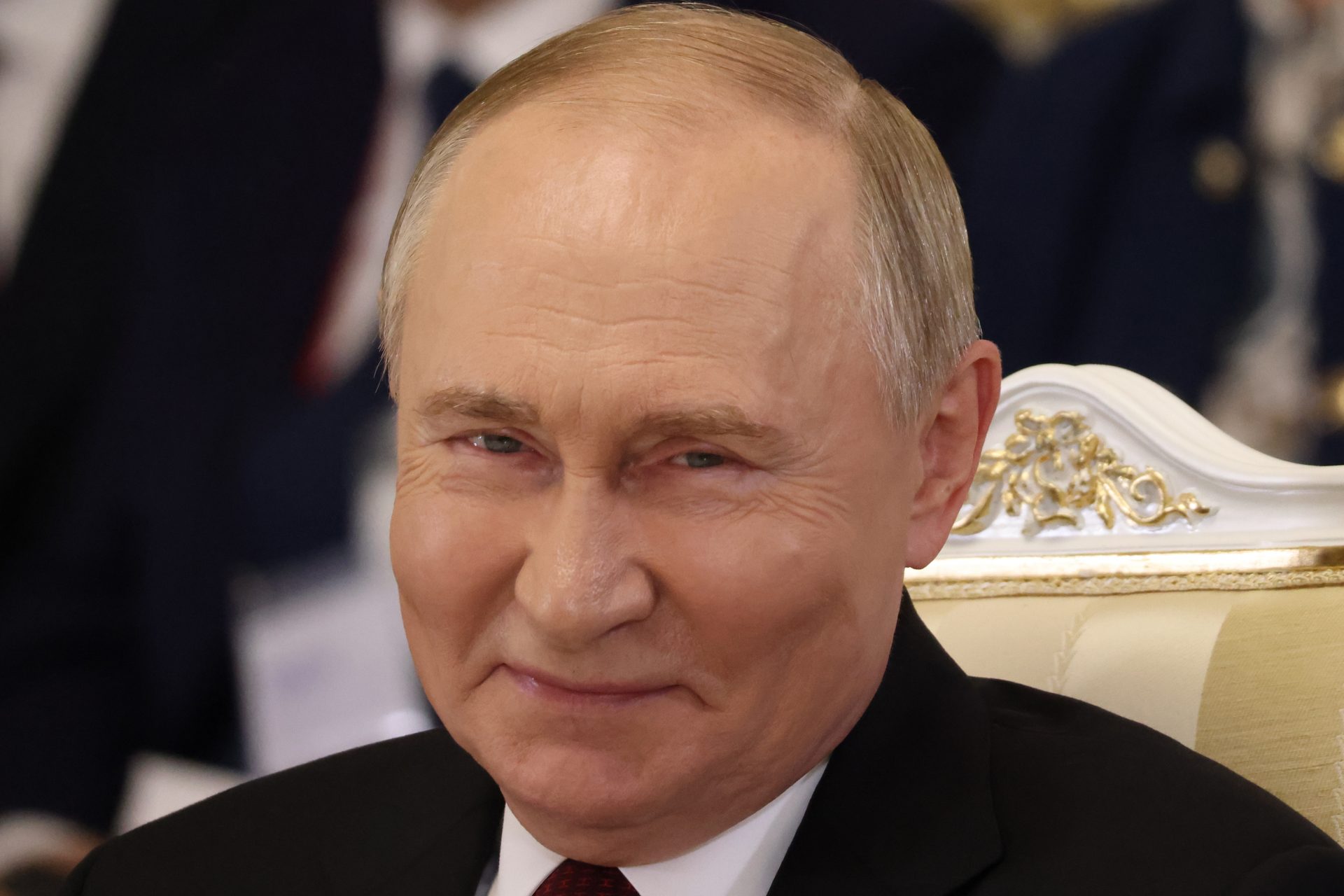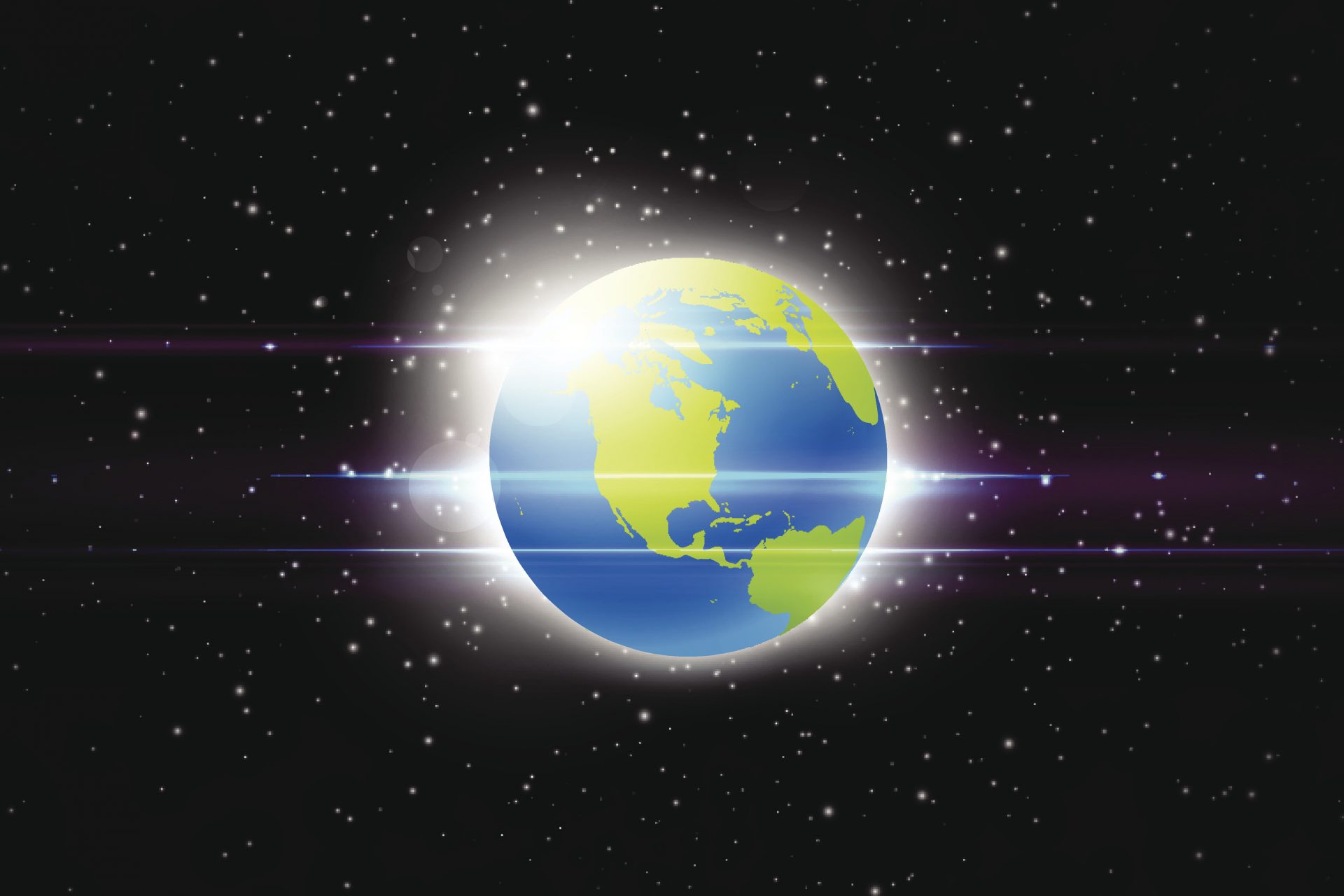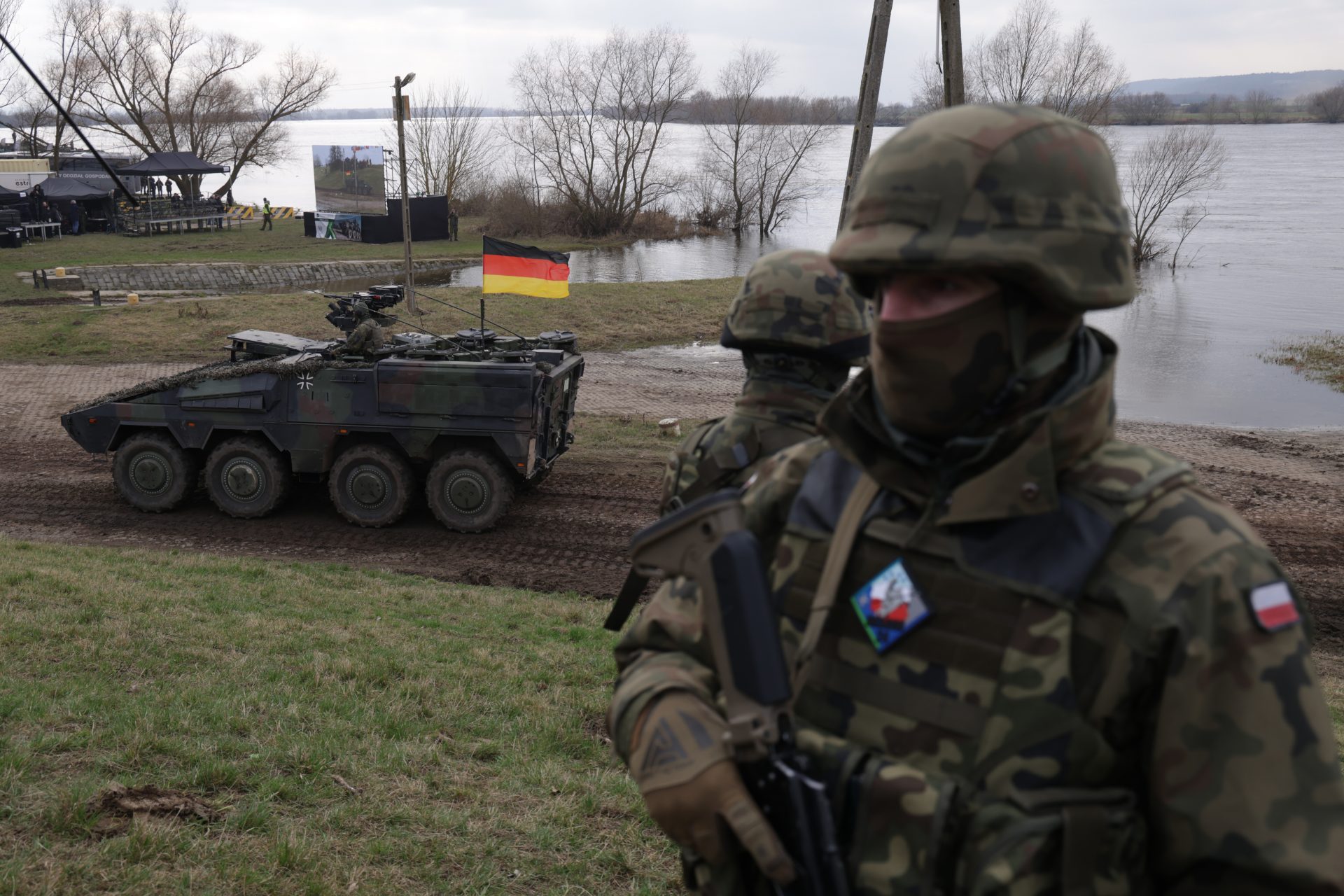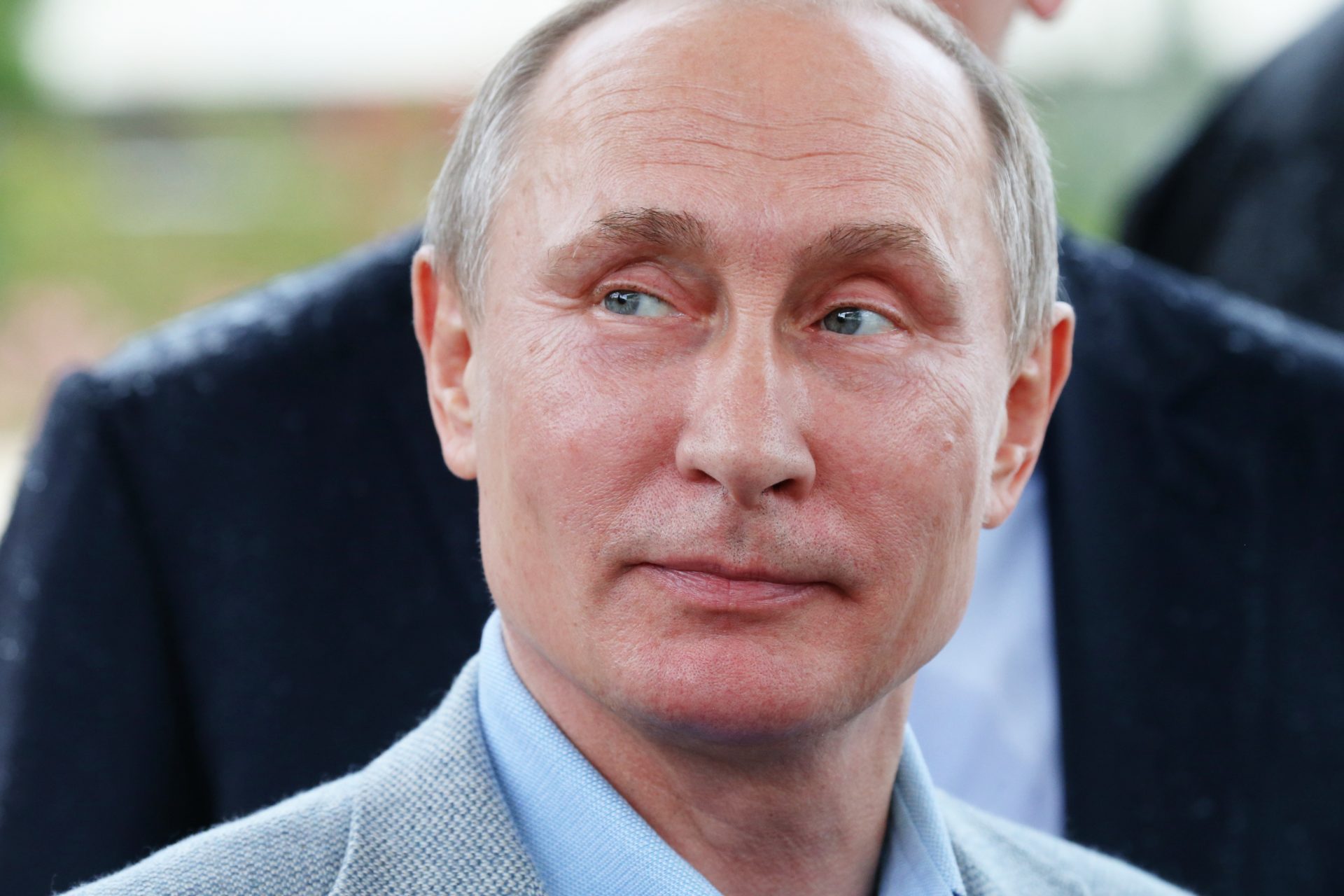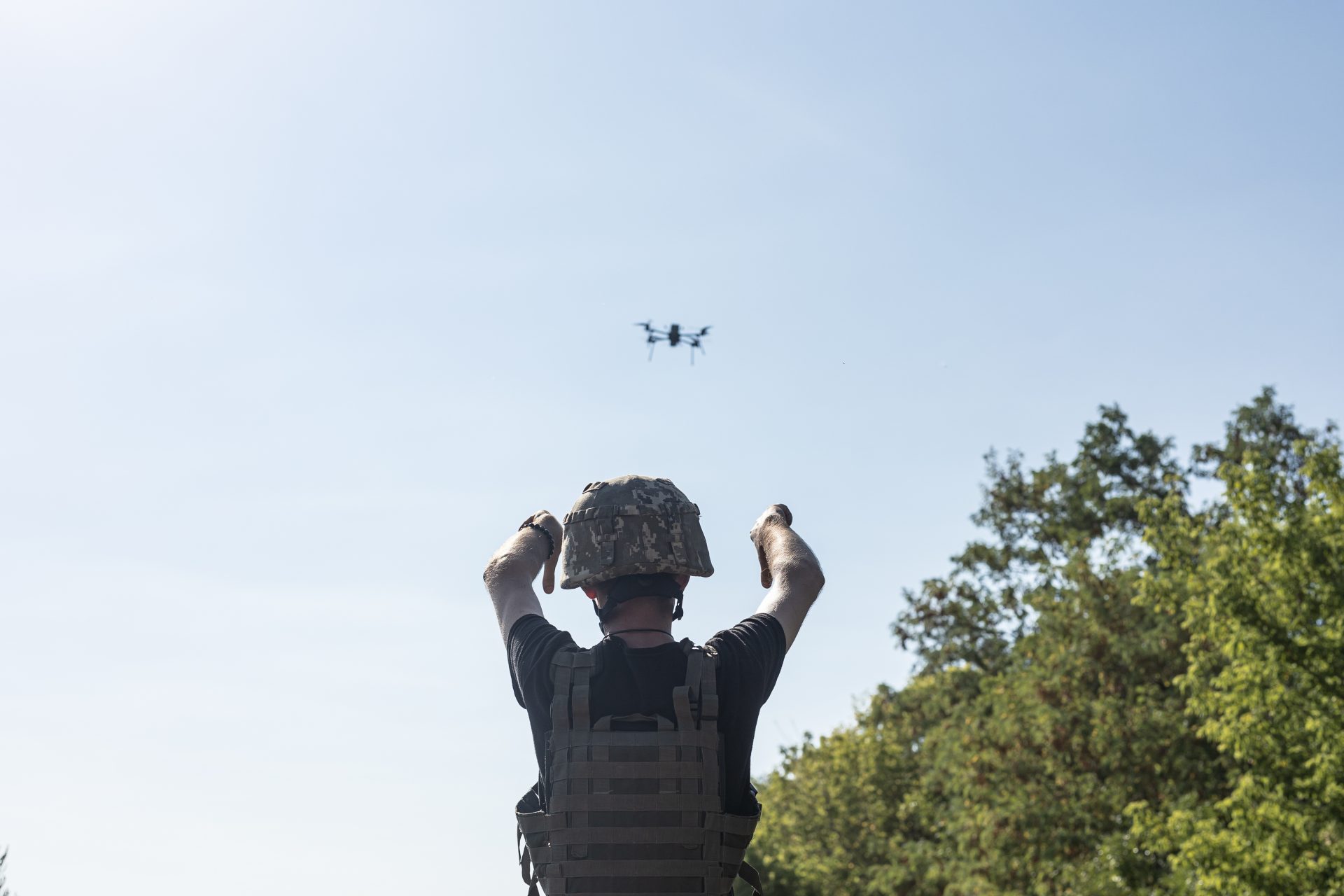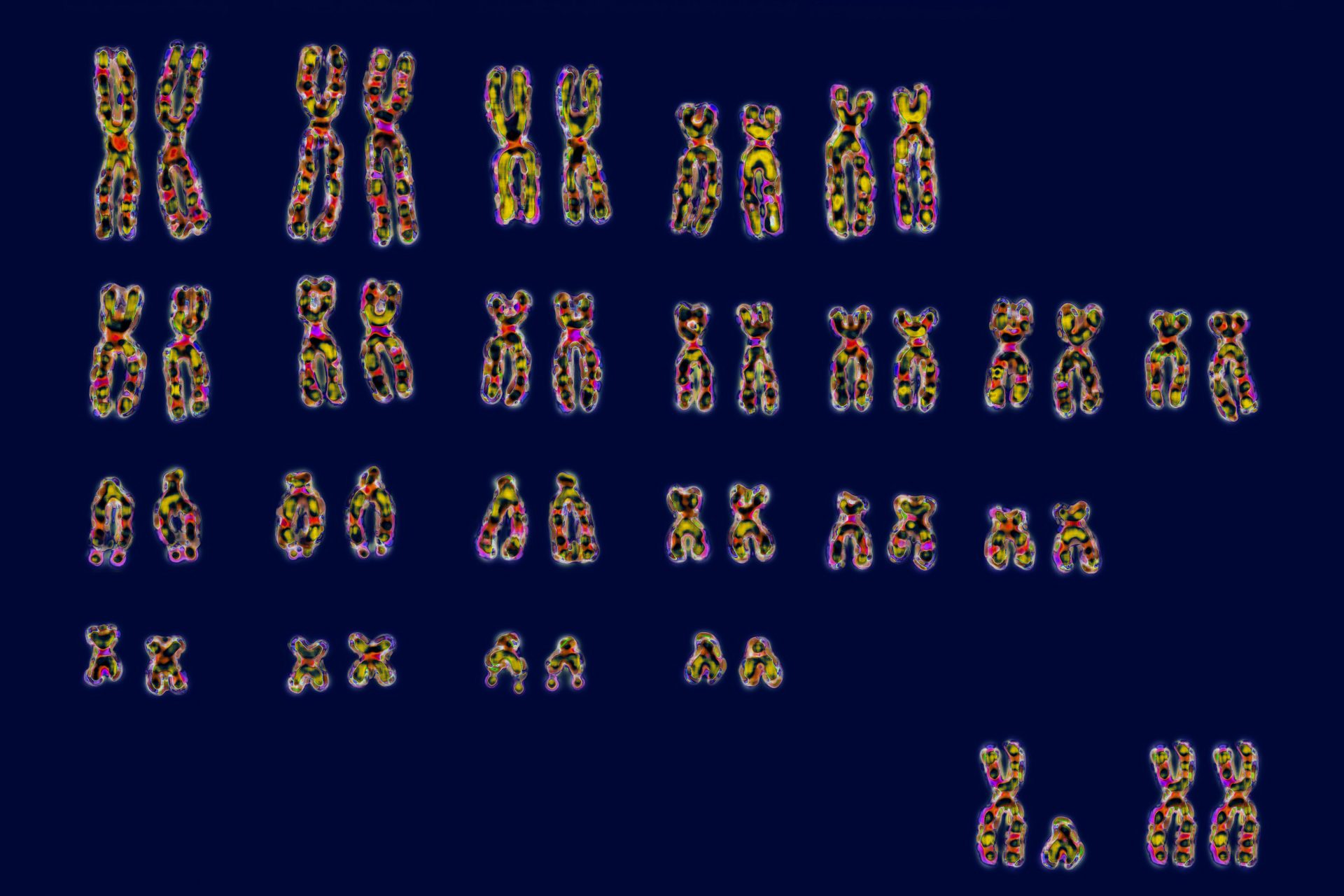Putin’s shakeup leads to demotions and promotions for possible successors
Vladimir Putin’s cabinet reshuffle made headlines around the world after the Russian President ‘sacked’ his longtime ally and friend Sergei Shoigu as head of the Defense Ministry and promoted him to head of the Russian Security Council.
Shoigu’s promotion to boss of the Russian Security Council meant that its former leader, and long-time Putin ally, Nikolai Patrushev needed a new position, and it didn’t take long for Putin to appoint his ousted security chief into an official aide position.
BBC News reported that it was unclear if Patrushev’s new position was a demotion but noted that he was one of the most powerful men in Russia alongside Putin and one of the main protagonists of Putin’s crusade against his Western enemies.
The 72-year-old Patrushev's friendship with Putin dates back to the 1970s when the two worked for the KGB. Patrushev previously ran the Federal Security Service (FSB) for 9 years before being appointed the Secretary of the Russian Security Council in 2008.
Patrushev is likely to still play a significant role in Russia. BBC News noted that having a particular job title wasn’t necessary to have Putin’s ear. However, other news outlets have suggested Patrushev’s new position is a demotion for Putin’s pal.
Putin has placed Patrushev in charge of Russia’s shipbuilding industry, which looks as if it is a major demotion for a man who spent well over a decade in charge of the Russian Security Council, but the Kremlin hasn’t been very clear on the matter.
“It is of course somewhat of a different nature,” Kremlin spokesman Dmitry Peskov told journalists according to a translation of his comments from Politico. “But it is absolutely a strategic sphere, huge and very complicated.”
Complicating the matter is the promotion of Pratushev’s son Dmitry Patrushev from his former role as minister of agriculture to deputy prime minister. However, this move may have been made on purpose according to one former Kremlin insider.
Former Kremlin speechwriter Abbas Gallyamov told Politico that it is possible the elder Patrushev will still hold some influence in Russia, but added it was unlikely after his son was promoted to a position of more power within the government.
“It looks like Putin has decided that by appointing the younger Patrushev as a deputy prime minister, he’s fulfilled his obligation and can now with a peaceful mind send off his father to honorable retirement,” Gallyamov explained.
Newsweek noted that the independent Russian news website Meduza reported in 2022 that a potential list of successors to Putin in the event that he was ousted contained the names of Nikolai and Dmitry Patrushev.
Another notable shift in power was the promotion of Aleksey Dyumin, who had served at one time as Putin’s bodyguard when he was president from 2000 to 2008 and also from 2008 to 2012 when Putin was head of the Russian government.
Dyumin was appointed as the governor of the Tula region in 2016 by Putin but the latest shuffle of senior officials saw Dyumin appointed as an aide to Putin as well. Dyumin has also been regularly quoted as a possible successor to Putin, Newsweek noted.
Reuters reported that Putin raised Maxim Oreshkin to Deputy Chief of Staff, a role which one anonymous Kremlin told the news organization was a promotion. “Oreshkin was promoted, Dyumin was brought closer, and Patrushev Senior was heavily demoted.”
Whether or not Putin is bringing some individuals closer into his inner circle that he sees as possible successors is unknown. But Reuters did note Putin is heading into his sixth term in office in good health and expected to rule for years to come.
“There is no reliable information on who Putin may favor and being publicly identified as a potential successor is not something that anyone wants given the risks attached to being seem as a challenger,” wrote Guy Faulconbridge and Andrew Osborn of Reuters.
“But the names of Dyumin, Oreshkin, and Patrushev junior — all promoted in the latest shake-up — have long been the subject of speculation among Moscow's political elite,” Faulconbridge and Osborn added.
More for you
Top Stories



